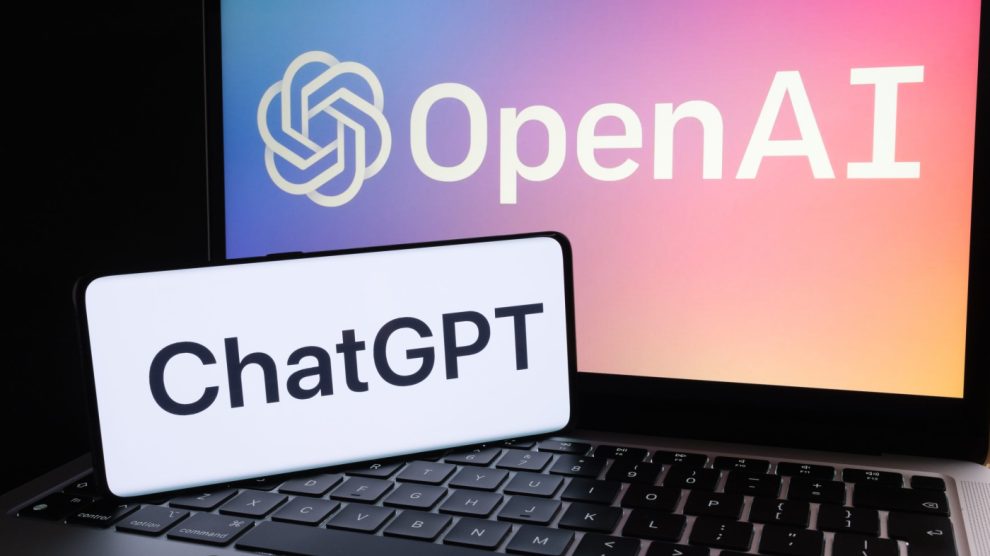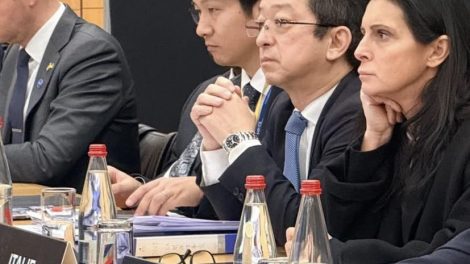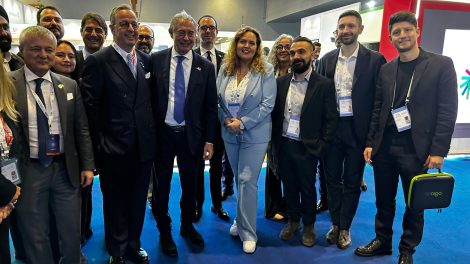Italian privacy watchdog back against OpenAI. On Monday, the Data Protection Authority notified the company behind ChatGPT (the wildly popular chatbot that has ushered in widespread adoption of generative AI tools) that its data collection practices might breach European privacy laws. OpenAI now has 30 days to respond to the allegations.
- The case again opens up the possibility that the AI company might have to change its European operations.
A step back. The DPA’s decision resulted from a probe initiated in late March 2023, which had temporarily suspended ChatGPT’s service in Italy – the first instance of this happening in the global West – as it examined OpenAI’s compliance with local laws. Access to the chatbot was later restored when OpenAI agreed to provide more transparency and rights to its users.
- The two underlying issues flagged by the Italian authority, which boil down to how the company describes its data storing and age verification practices, overlap with the complex issue of regulating transatlantic data flows.
The European dimension. Citing “the outcome of its fact-finding activity” in its Monday communiqué, the Italian watchdog noted that “the available evidence [points] to the existence of breaches of the provisions” laid out in the EU’s General Data Protection Regulation, aka GDPR. It also stressed that it will take into account the ongoing work of the EU Data Protection Board, a special task force comprising all of the bloc’s privacy authorities.
- Since GDPR laws have been enacted in all EU countries, the development of this matter might call into question OpenAI’s wider operations across the bloc.
- The EU is also on course to adopt a sweeping regulatory package on artificial intelligence, the AI Act, which would make Brussels a leader in the field.
It’s a G-7 matter, too. Regulating AI is also a core focus for the Italian-led work at the Group of Seven. In early December, G-7 ministers agreed on a voluntary Code of Conduct for companies dealing with AI. Prime Minister Giorgia Meloni, who has been discussing the dossier with a plethora of experts, has vowed to push for stronger regulation so as to ensure that AI systems remain human-centric.





